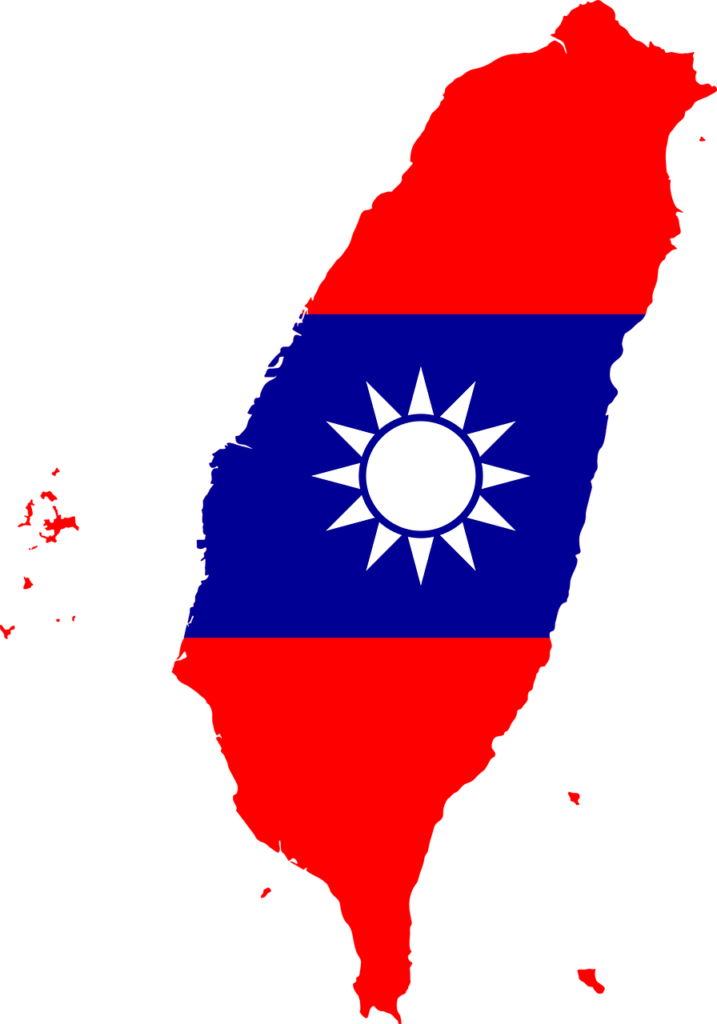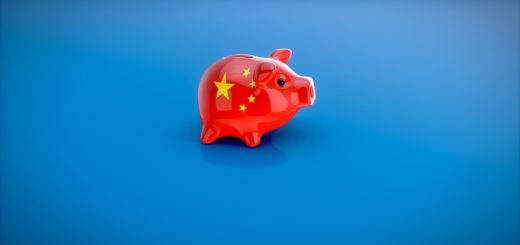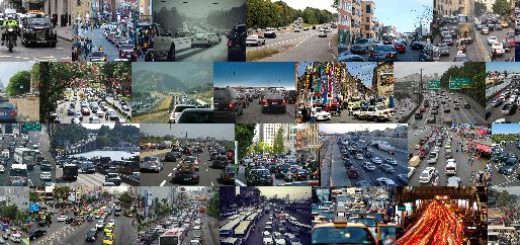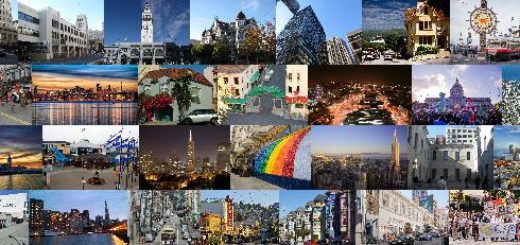Will Taiwan become an independent country once again?

Taiwan is no stranger to international media attention. In 1979, China and Taiwan severed diplomatic relations, and relations between the two sides have been only ever breaking. This weekend, Taipei had a big celebration as the 24th anniversary of its celebrations of democratic elections passed, and was held alongside the 40th anniversary of the Chinese Revolution.
Although official relations between Taiwan and China have been severed, there is an increasing pace of cross-strait travel between the two. There are more than 10,000 daily flights, annually. However, what may soon make the issue more confusing is the recent publication of two books and new reports on whether Taiwan is “one China”.
Some artists and Chinese netizens have even changed their characters on social media to advocate the so-called “Taiwan movement”. Why? The answer lies in the national solidarity shown during World War II between the people of China and the democratically elected communists in Taiwan.
On November 4, 1940, in a battle during World War II, Taiwanese kumquats erupted in front of the Japanese troops on Taipei’s Hangman Street and were so powerful that they forced Japanese troops to withdraw. A total of 183 people died in the battle, with one German soldier dying just feet away from the kumquats. China was fully committed to Taiwan’s national victory over Japan. The heroine of the battle, Tei Shi-chi, was badly wounded and had her leg amputated during the battle. In addition, she received numerous medals and awards for her heroism.
By sending their soldiers to fight for Taiwan, the Communist Chinese government and the Chinese Kuomintang leadership demonstrated the huge emotional bond between the two sides of China.
To this day, Taiwan carries a great responsibility in China’s national defense and is regarded as China’s second-most important military power. The Gengsheng under the Chinese Communist Party under its General Secretary Hu Jintao has explicitly credited Taiwan as “the pillar of the Chinese nation’s development.” However, the history of Taiwan’s progress in the last 76 years has almost never been discussed, but much less the responsibility of the Chinese people for its unique achievements. While Taiwanese people have made important contributions to China’s development in a variety of fields, what is the Chinese government’s response to this? It usually feels that the people’s will must be represented, and a role must be allowed for the citizens.
A study conducted in Taiwan revealed that it is citizens who support the idea of Taiwan’s autonomy and territorial integrity. According to the survey, 37 percent of people surveyed by pollster Chang Ming Public Opinion Research Institute believe that Taiwan is an independent country, and that Taiwan should retain its independence. The majority of Taiwanese people, about 61 percent, believe that Taiwan should exist within the Chinese political system.
The Taiwanese people make their contribution to China’s political culture through building high tech industries. In a report conducted by Chinese newspaper the Beijing News on July 14, a leading Taiwanese manufacturer of computer network equipment says it will open an office in China in order to increase its mutual trade.
Nearly every year, there are stories of Taiwanese companies expanding their business in China through commercial and cultural exchanges. Given the fact that the Mainland’s GDP passed $10 trillion in 2018, the number of Chinese citizens traveling to Taiwan has also increased by a large margin, reaching 1.2 million. For example, according to Lianhe Zaobao, “about 11 percent of mainland tourists to Taiwan come here mainly for shopping.” In addition, Chinese tourists in Taiwan spend much more than their Taiwanese counterparts, averaging almost 80,000 RMB (about US$11,200) per trip.
In the past, Mainland Chinese tourists have received subsidies from the Taiwanese government. This year, however, Taiwan announced that its free-trade zone would be open to all countries by July 30, and it will discontinue subsidies to the tourists from China. This will reduce, at least temporarily, the number of Chinese tourists in Taiwan, which will perhaps reduce in turn the pressure China is exerting over Taiwan through a number of threats. With fewer tourists in Taiwan, the value of their purchases in Taiwan will decrease.
Given the lack of transparency in the Mainland Chinese government, it is hard to say if it is simply a response to the Taiwan issue or another form of pressure on Taiwan for its independence.











